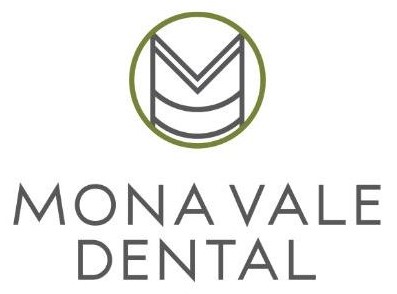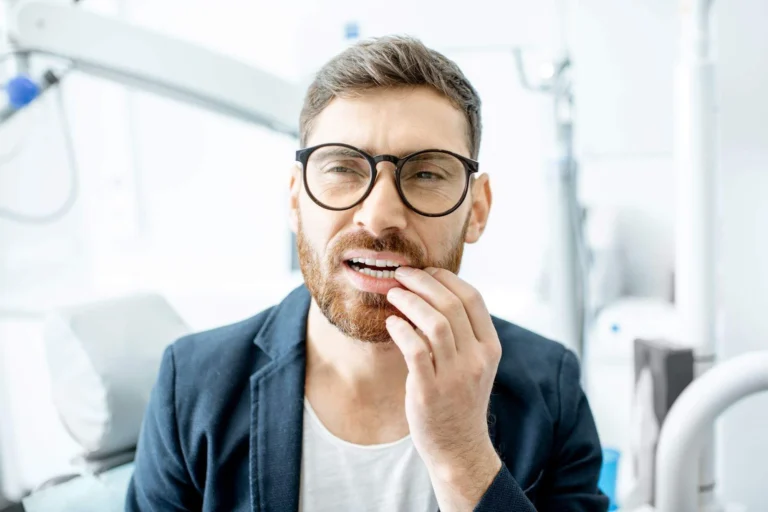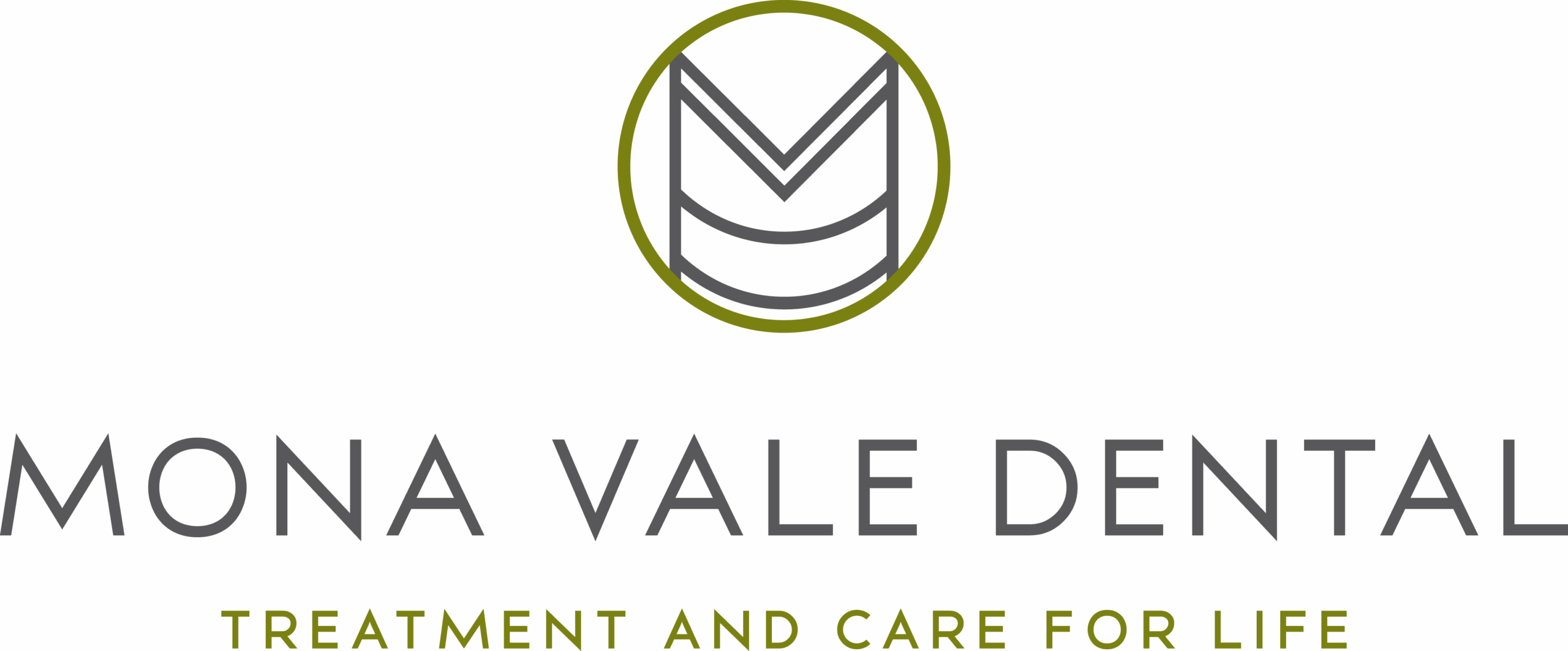Ice cream, cold water, winter air; if these make you wince, you may have teeth sensitive to cold. That zing sensation could indicate multiple circumstances. With the right, expert-led dental support, you can find a solution. Let’s go through common causes and how dentists assess this type of dental sensitivity.
Why Teeth Become Sensitive to Cold
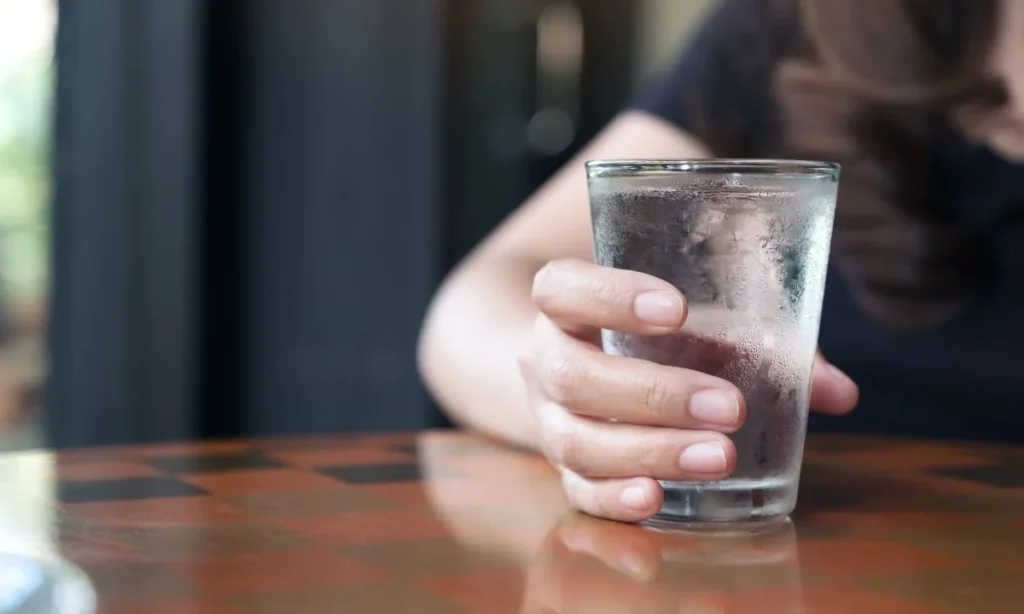
To understand why cold sensations can cause pain, it’s useful to look at how each tooth is built. Your teeth have layers: The outside is hard enamel, and beneath is dentine. This layer has thousands of tiny tube-like structures running through it, which connect to your nerves.
When enamel wears away or gums pull back, dentine gets exposed. Cold hits those tubes, fluid moves inside them, and your nerves trigger your pain signals.
Dentist Tests We Use
Dental practitioners run through a few specific tests to help pinpoint the cause of tooth sensitivity. These typically take 5 minutes and can detect surface wear, a crack, or nerve trouble, acting as a preliminary assessment before more in-depth testing.
- Cold Test: Ice or refrigerant spray applied to your tooth. Your reaction shows whether the nerve is healthy, inflamed, or damaged.
- Air Test: A stream of air directed at your tooth. Exposed dentine will cause you to feel sharp sensitivity.
- Bite Test: Bite down on a small instrument. Pain when biting or releasing indicates a possible crack or fracture.
- Dye: A special dye seeps into cracks. Under magnification, these fissures appear clearly.
- Percussion: Tapping your tooth gently. If it hurts, there’s likely inflammation or infection in the tissue around the roots.
Common Findings
Test results often reveal one or more of the following diagnoses:
- Acid Wear: Shiny and smooth enamel instead of textured
- Receded Gums: Root surfaces are lacking enamel, causing cold sensitivity
- Failing Fillings: Old fillings can shrink or pull away from the tooth over time
- Recent Dental Work: Persistent sensitivity for a few weeks after a filling or crown
- Hairline Cracks: Even cracks you can’t see without magnification cause sharp pain
- Grinding: Teeth grinding and jaw clenching wear enamel, leading to flat edges and chipped corners.
When to See a Dentist Urgently
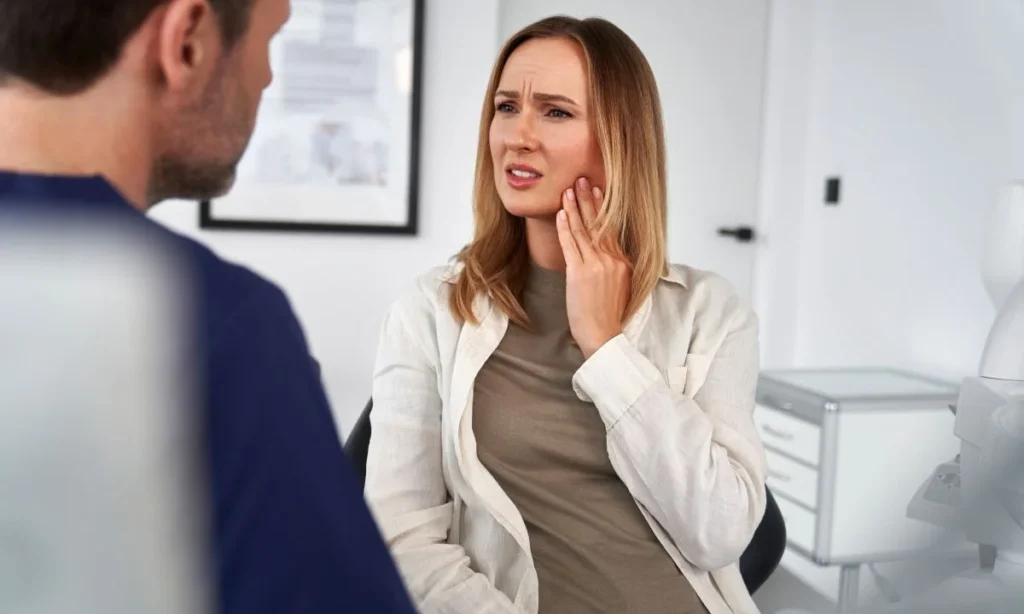
Many cases of cold sensitivity aren’t an emergency. However, if you experience the following, it’s recommended to schedule an appointment:
- Feeling pain when you bite
- Worsening pain by the day
- Throbbing that affects sleep
- Swelling or a lump near the tooth
- Pain lingering after the cold’s gone
- Reacting to hot temperatures as well
Next Steps If Cold Triggers Pain
If cold drinks make you wince, it’s advisable to get it checked. At Mona Vale Dental, you’ll receive expert-led testing and treatment solutions. Our team ensures your comfort and will explain everything each step of the way. Whether you need bonding to repair worn edges or something more extensive, our dental solutions have got you covered.
Still experiencing sensitive teeth? Book a tooth wear assessment and find relief through our care-focused, innovative approaches.
FAQs
Can tooth sensitivity go away on its own?
In some cases, yes, such as if the sensation is mild and you use sensitive toothpaste. However, it could indicate other dental concerns, so it’s best to schedule an appointment.
How long do cold sensitivity tests take?
A first appointment can range between 15 and 30 minutes. Each test takes a few seconds.
Will the dentist tests hurt?
Tests for sensitive teeth might be uncomfortable for a moment, but nothing painful. Your comfort is a top priority, so we can take a break if needed.
What if only one tooth is sensitive to cold?
Usually, this means that the tooth has a crack, cavity, or worn patch. It’s easier to fix than multiple sensitive teeth.
Can whitening cause cold sensitivity?
Yes, whitening can make teeth sensitive temporarily. If you’ve already got a tooth sensitive to cold, tell your dentist before whitening.
Is sensitivity worse in winter?
Cold air can set off sensitive teeth more when it’s freezing out. If you notice it’s seasonal, that’s a sign to confirm with your dentist before it worsens.
